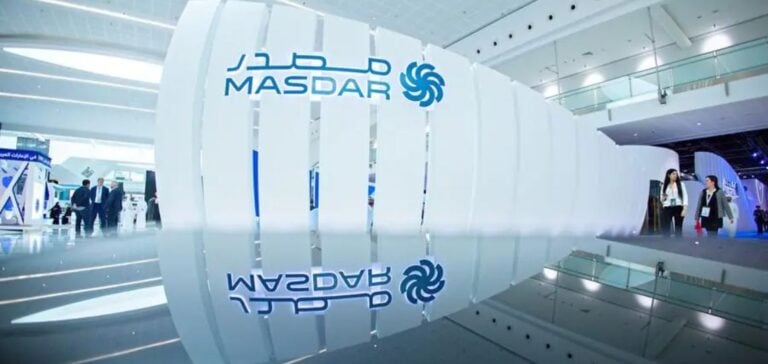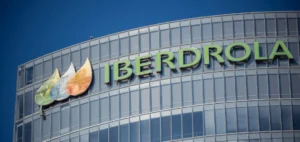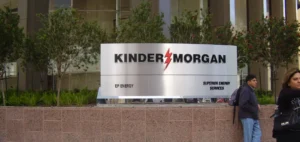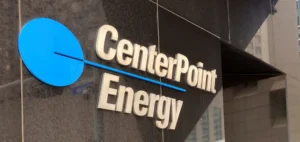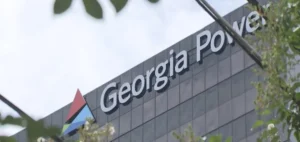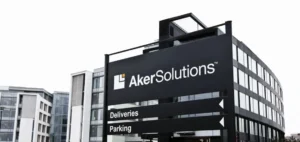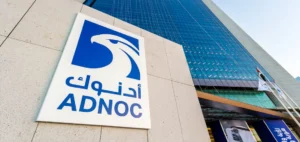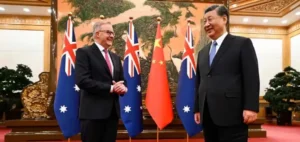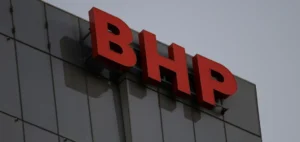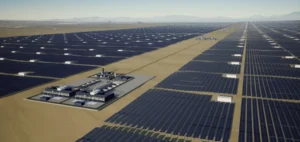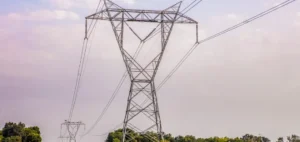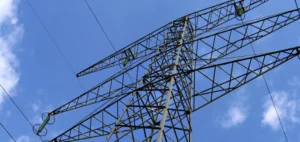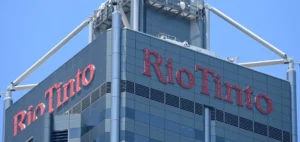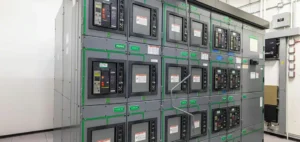In 2024, Masdar significantly expanded its global energy capacity, reaching 51GW, a 150% increase compared to 2022. This strategic development was made possible through an investment of nearly $8 billion and additional project financing of $4.5 billion across nine countries. These efforts underline Masdar’s central role in the global energy transition and its commitment to balanced growth.
Strategic Acquisitions for Global Expansion
Masdar solidified its position in European and North American markets through major acquisitions in Spain, Greece, and the United States. These initiatives enabled the company to diversify its portfolio while strengthening its presence in strategic regions.
At the same time, Masdar launched several large-scale projects, including two solar plants in Azerbaijan with a total capacity of 760MW and the Zarafshan wind farm in Uzbekistan with a capacity of 500MW, now the largest operational wind project in Central Asia.
Flagship Projects and Structured Financing
In addition to its acquisitions, Masdar launched high-impact projects such as the Al Ajban Solar Project (1.5GW) in the United Arab Emirates and the Al Henakiyah Solar Plant (1.1GW) in Saudi Arabia. The recent agreement for the Sadawi Project (2GW) in Saudi Arabia also highlights the company’s forward momentum.
To fund its projects, Masdar issued a second green bond in 2024, raising $1 billion with an oversubscription rate of 4.6 times. Fitch Ratings also upgraded the company’s credit rating to AA-, further reinforcing investor confidence in Masdar’s financial strength and strategic vision.
A Key Player in Global Energy Strategy
Aligned with the objectives of the United Arab Emirates and international commitments, Masdar aims for a total capacity of 100GW by 2030. This trajectory is part of the global effort to triple renewable energy capacity by the end of the decade.
Since its establishment in 2006, Masdar has played a pivotal role in the global energy transition, collaborating with more than 40 countries and leveraging a strategy that combines acquisitions with project development to meet its ambitious goals.

